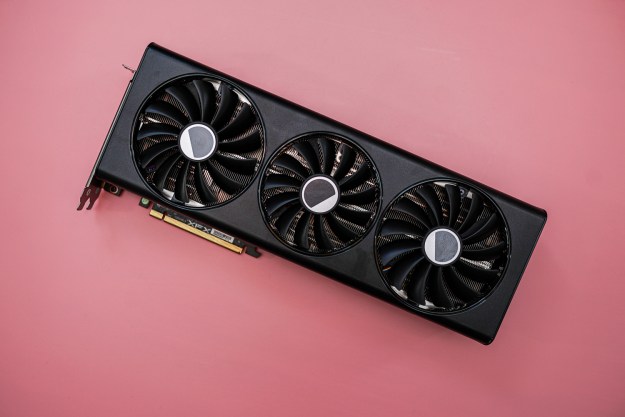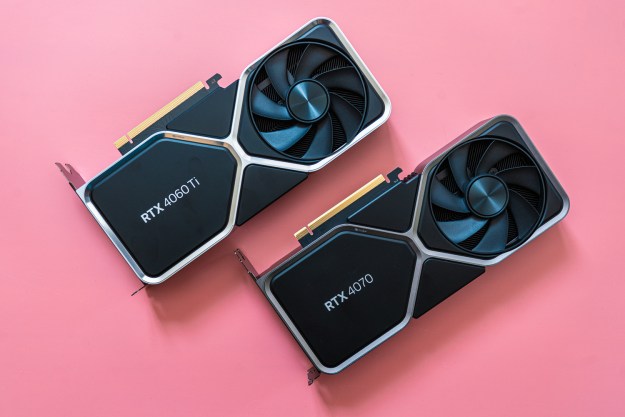Today’s search engines are fast, powerful, and accurate, providing unparalleled access to information for anyone with a browser and an internet connection. There’s a price to be paid in privacy for all of that power, however, particularly if you like to keep your search results in sync across devices. That’s what makes alternative search engines like DuckDuckGo so attractive to many people, and now alternative browser Vivaldi is making DuckDuckGo its default for private browsing.
When we say “alternative search engine,” of course, we’re talking about alternatives to Google and, to a lesser extent, Microsoft’s Bing. And we’re talking about Google’s Chrome, Microsoft’s Edge, and Mozilla’s Firefox when we’re characterizing Vivaldi as an alternative. Both take a different approach to their chosen task, DuckDuckGo in refusing to track or gather any private user information and Vivaldi in offering a very different approach to web browsing.
Now, when you open a Private Window in Vivaldi, that is, the browser’s private mode that like Chrome’s Incognito mode and Edge’s In Private session, the default search engine will now be set as DuckDuckGo. That means that not only will the browser not save any browsing session information, but the search engine won’t track any information as well.
As John von Tetzcher, CEO of Vivaldi Technologies, puts it, “The current climate demands a thriving internet — not an internet with increased surveillance and security breaches. There has been a widespread concern amongst users about their data being shared. More than ever, there is an immediate need to protect our privacy. We are proud to join hands with DuckDuckGo and provide solutions in Vivaldi that respect users’ privacy.”
DuckDuckGo CEO and Founder Gabriel Weinberg wants to set the record straight about safe mode browsing and search engines. Speaking to that point, he said, “A lot of people think their searches aren’t tracked in private browsing modes. Unfortunately, that’s not true. This new integration with Vivaldi enables people to get the privacy they expect and deserve in that mode.”
This development should be interesting to the 24 percent of U.S. adults who are concerned about their online privacy and are taking action to secure it. If that’s you, then you’ll want to consider Vivaldi as your internet browser, at least if you’re equally concerned about keeping your search habits private.
Editors' Recommendations
- Apple almost rejected Google for this key Safari feature
- DuckDuckGo is taking on ChatGPT without busting your privacy
- DuckDuckGo calls out Google privacy update for ‘creepy advertising’
- DuckDuckGo’s new web browser won’t rely on any Chrome technology
- Will Google ever lose its throne as king of search? Here are its main contenders



